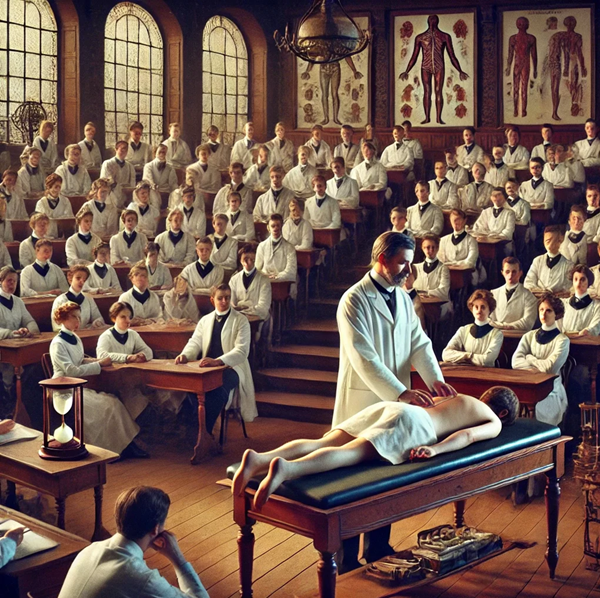Is “Old Age” Just A Mindset?
You run into people all the time whose chronological age makes them technically, “old age” but whose physical appearance, attitude, and posture make them seem decades younger than their birth certificate would indicate.
On the other hand, you see people who are only 40 to 50 years old that already seem ready for retirement and senescence.
What makes the difference between these two classifications of people?
Many people are overlooking the power of the mind when it comes to the aging process. Those who continue to lead active lives with many social contacts and intact relationships with loved ones often carry the mindset that they are still young. They participate in sports, go dancing, eat out, and enjoy their bodies long after others have given up.
Attitude is everything when it comes to getting older. If you grew up in an era where “old age” happened when a person reached the age of 50 years, you will already feel you have arrived at old age upon your fiftieth birthday.
You tend to turn down opportunities for physical and social activity, increase the times you are sedentary and stop challenging your cognitive mind. When this happens, you truly do lose what you don’t use and you physically and emotionally age much faster than those who maintain physical, cognitive, and social activities well into the age where many others feel just too old to participate in these activities.
How do you get into the mindset of feeling young again?
It’s probably never too late to do this. You first need to recognize that age is just a number and that there are people much older than you who are doing things you may consider “too old” for them without difficulty. Look at people who seem and look younger than their years would otherwise say.
These are people who have refused to give into the meaning of the calendar and who continue to participate in youthful activities, bearing in mind that taking care of their body takes precedence over everything else. They are mentally alert, curious about life, and haven’t given up trying new things.
Compare these people with those who chronically complain about aches and pains, step back from fun and challenging activities, and prefer being sedentary to being more active.
These might be people who decide that they are too old to give up bad habits that contribute to the aging process, such as smoking and drinking alcohol, and have given up the meticulous care of their bodies that it takes to look and feel young.
What kind of person do you want to be?
The difference truly is in your mindset. If you decide that your body is a temple and continue to care for it, challenge it, and respect it, you will have no difficulty seeing yourself as young and vibrant.
Your risk of stressful life diseases will be less and you will feel less stressed in life when you carry yourself better and think of yourself as younger than your chronological age. If instead you dread your birthdays and see the passing of the years as a year closer toward death, your motivation and determination to feel and look young will be diminished and you will reflect that mindset in the way you present yourself to others.
If your ancestors lived long and healthy lives, take solace in knowing that you probably will, too, and you can carry the mindset of youth throughout your middle-aged years and older aged years.
Even if your ancestors did not live long and healthy lives, know that medical advances that focus on prevention and management of chronic diseases are on your side so that you can continue to feel and be young—well into your older years.
Never forget that age is just a number, and it does not dictate, “how one should feel” or “how one should act” at 50, 60 or even 90.
